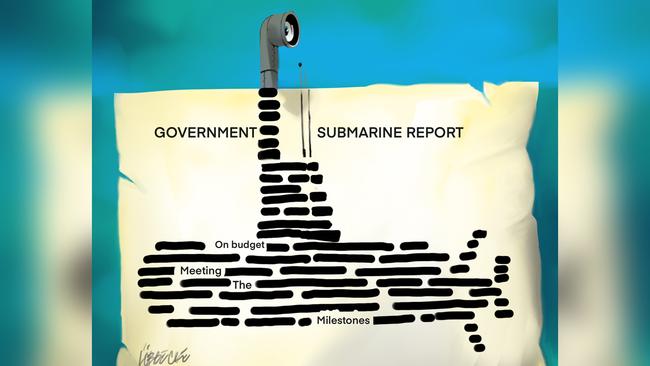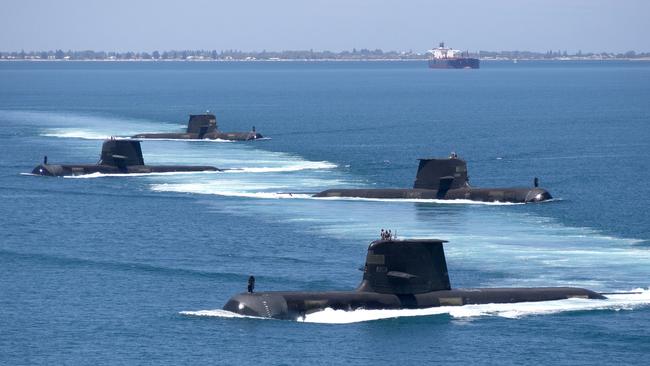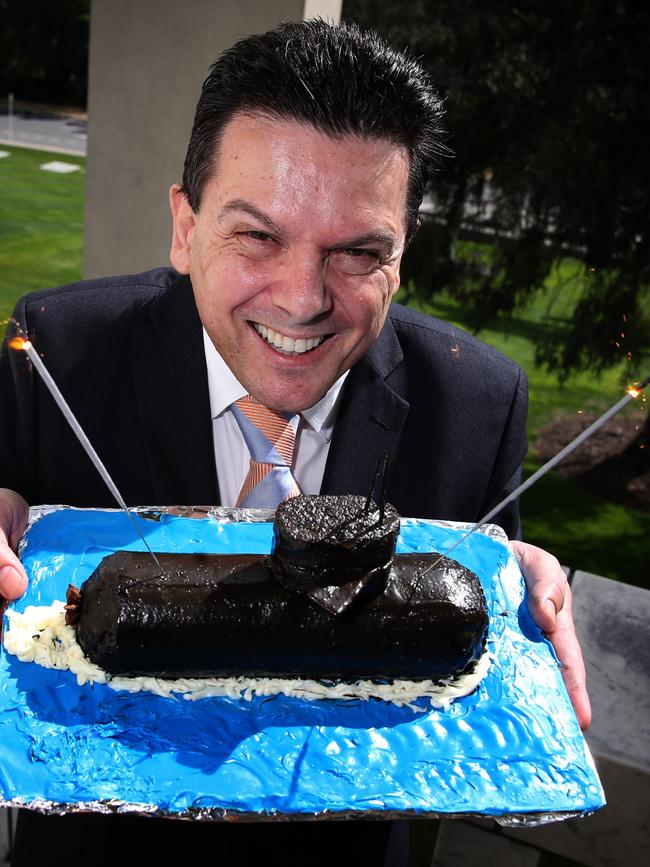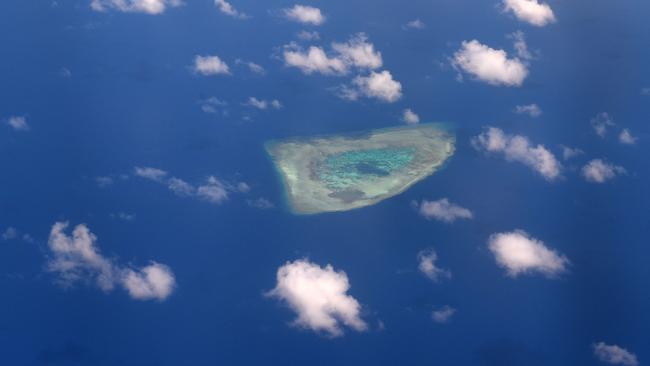
Nothing makes me prouder to be a journalist than the media industry’s Right to Know campaign. We are not fighting for our jobs or economic models — we are all fiercely, almost insanely, competitive and our economic models are all different. We are fighting for the truth, which in the West is achieved by maximum disclosure of information and the free competition of ideas and interpretations.
- READ MORE:Press freedom | Journalism needs shelter | Court rejects delay questions | Cyber attackers identity withheld
Australia has drifted into a deeply anti-democratic, anti-disclosure mode. Both sides of politics, and some quirks in our history, are responsible. Whether in government or opposition, both parties are equally to blame. In government, parties are obsessed not with national security but with avoiding embarrassment, and take punitive, onerous measures. In opposition, parties are concerned to maximise embarrassment so constantly call for the criminalisation of any leak not given to them in the hope that this will ensnare someone from the government or cause general mayhem.
Let me give you a couple of examples. I have not lived journalistically on the edge of stories about ongoing operations. Numerous brave journalists — not me — have been coercively sweated and threatened with jail to make them reveal sources.
My role is mainly analysis, context and commentary, but I’ve often had information that governments ludicrously try to suppress. In early 2016 I noticed the Turnbull government’s defence white paper scheduled our new subs to come into service in the early 2030s. The Abbott government had announced the subs would come into service in the mid-2020s.
No one else made a fuss. I tried to get as much background information as possible. In the course of many conversations and reading, I got a paragraph of the draft defence white paper prepared under Abbott. It had a service date for the new subs of the late 2020s. This information was available in press releases, information kits and all the rest issued under the Abbott government. I approached Abbott and he was critical of the delay.

This, surely, was a matter of public interest. The government, ridiculously asserting there had been no change in timing, went troppo. The PM announced a federal police inquiry into this shocking security breach. Julie Bishop and Christopher Pyne, good politicians whom I regard as friends, described the story as a criminal offence. Labor in opposition was as bad as the government, howling for an inquiry in the hope it would embarrass Abbott, who was not my source, or otherwise hurt the Coalition.
Remark the hypocrisy of politicians. All oppositions live on leaks and it’s good that they do. It’s part of the contestability of our system. Yet they all blush with faux moral shock that some leaks go to the media. In this case the leak of a paragraph of a defunct document, which never became official government policy, and “revealed” something that was already on the public record in press releases, was treated as a serious national security breach. That is pure, Kafkaesque nuts.
In due course I was interviewed, politely and briefly, by the Australian Federal Police, as presumably were others. This is criminalising politics purely to suppress scrutiny and debate.
Legal academic George Williams argues persuasively that politicians have lost a sense of restraint. Much that journalists routinely do is technically illegal but governments once operated within conventions of common sense. Everything must now be codified because our society has broken down. Consider another era. In the early 1980s I wrote a lot of well-informed stories criticising ASIO. I didn’t think ASIO was overbearing; rather, it was hopelessly ineffective in its battles with the KGB. I reported that many ASIO officers believed it had been penetrated by the KGB.

This was pooh-poohed at the time, but KGB penetration was confirmed later in ASIO’s official history, which also confirmed that ASIO launched a “vigorous inquiry” to discover my sources. Yet in those innocent days I was not interviewed, harassed or threatened in any way. The only semi-official approach was Gareth Evans, then attorney-general, having a bit of a whinge to me and describing, in generic and geographic terms, what he believed was my source.
Happily, Evans was wrong on both counts. As I wanted to encourage him in this mistake, I looked guiltily towards the floor and said nothing. I have no idea if my amateur George Smiley misdirection had the desired effect.
Our contemporary culture of secrecy and nondisclosure is frequently absurd. A decade and a half ago I wrote a book on the US-Australia alliance for which I had broad government co-operation. Numerous questions I asked senior commanders about Australian deployments they were not allowed to answer. But it turned out the information was publicly available on US military websites.

A few years ago I asked for a briefing on our increased tempo of sea patrols and flights in the South China Sea. Eventually I received a briefing by a senior military figure who told me there had been no increased tempo. But cabinet ministers, other parts of the bureaucracy, security figures throughout Southeast Asia and in the US were openly discussing our increased tempo. The senior military guy hadn’t technically lied to me. It turned out we had a huge envelope or range of what we regarded as “the normal tempo” of operations and we had moved from the bottom of that range to the top.
I learned this predominantly from non-Australian sources. The Americans routinely provide infinitely more information, even to Australians, than the Australian government does. I never write columns like this one today. Journalists hate writing about their sources or methods. But this lunatic culture of secrecy we’ve drifted into is deeply undemocratic and anti-truth.

Journalists generally try to do their best by the truth. But there’s no doubt we journalists will sometimes be motivated by mischief or malice, as will, from time to time, our sources. We will certainly get things wrong. That’s part of the price of freedom. There are obvious limits to media freedom. No one should reveal an ASIS agent’s name, for example. When George Brandis was attorney-general, the government told stakeholders that having the A-G approve prosecutions of journalists would mean journalists would never be prosecuted. That’s not what Christian Porter now says. What a mess.
The interaction of vilification, defamation and national security laws grievously restricts free speech. I just thought you should know.





Australia is the most secretive and least accountable advanced Western democracy in the world. I come to this conclusion reluctantly after more than 40 years in journalism, including a lot of experience in the US, Asia and Europe.